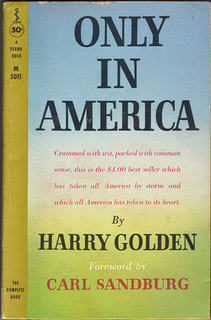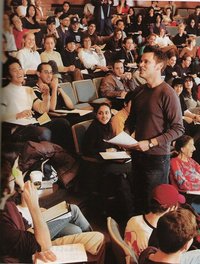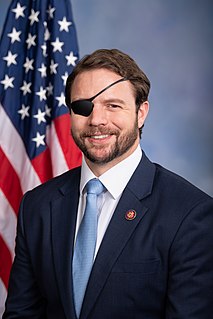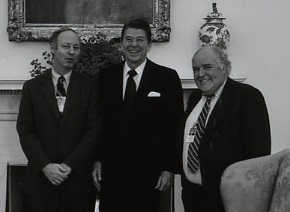A Quote by David Gauke
A willingness by politicians to say what they think the public want to hear, and a willingness by large parts of the public to believe what they are told by populist politicians, has led to a deterioration in our public discourse.
Related Quotes
I have acquired - some would say deservedly - quite a few rivals: former Israeli politicians, some of whom at their height were stars beloved by large parts of the public. But today, they aren't in politics, and when they sit alone in their room, they say to themselves that Barak is the one who showed them out the door.
Unsurprisingly, the poll-takers don't talk a lot in public about the ignorance of the electorate on political and public policy matters. And the politicians are not going to disclose the, let's say, limited body of knowledge in their constituencies. You don't get elected calling your voters airheads.
































